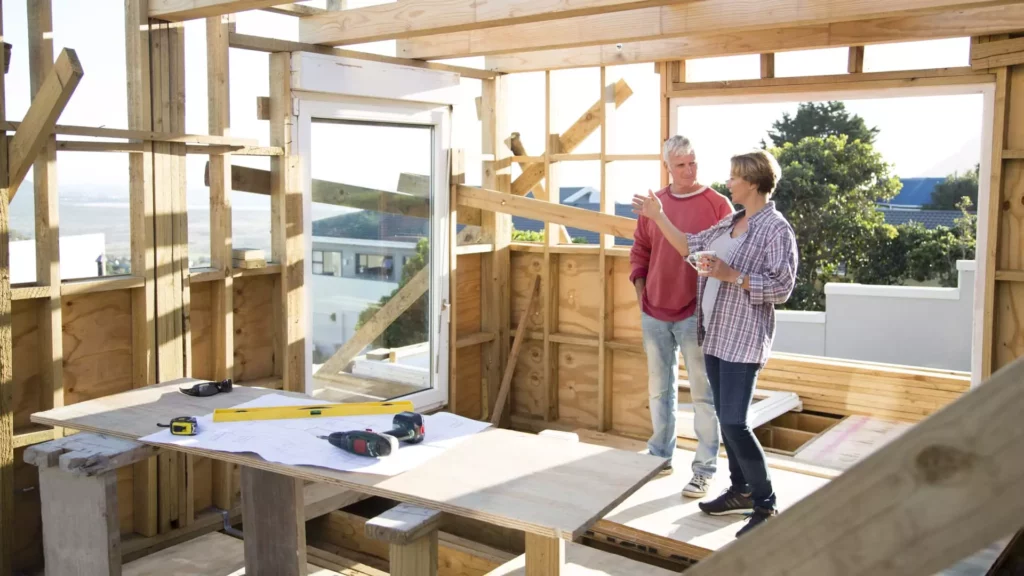![]()
Buying a new home can be an exciting yet overwhelming experience. With the current housing market facing challenges in terms of supply and demand, more buyers are turning to newly built homes as a viable option. In this article, we will delve into some of the key considerations to keep in mind when purchasing a newly built home.
Recent data shows that about 33.4% of single-family homes available for sale are newly built, marking a significant increase from pre-pandemic levels. This surge in new construction stems from the high demand for housing coupled with limited resale inventory. Builders are stepping up to meet this demand by offering incentives like rate buy-downs, price cuts, and covering closing costs.
While new builds traditionally sold for higher prices compared to existing homes, the price gap has notably narrowed in recent times. Factors such as interest rates, housing demand, competition for existing homes, and construction costs influence the pricing of new houses. Buyers can benefit from price reductions and incentives offered by builders to make the purchase more appealing.
When exploring new construction options, it is essential to be strategic and patient. Only about 10% of new homes for sale are move-in ready, with the majority at various stages of construction. Buyers should consider factors such as the size of the house, geographic location, construction costs, and future expenses to make an informed decision.
Homebuilders have been focusing on building slightly smaller homes to address affordability concerns. Reducing the square footage can help cut down on construction, utility, and maintenance costs. Townhouses are gaining popularity, with smaller single-family homes becoming more common in the market.
Choosing a location in more rural areas can result in cost savings due to lower regulatory costs and greater land availability. Being open to different geographic locations can provide buyers with more options when it comes to pricing and availability of newly built homes.
Buyers have the ability to control costs by making strategic decisions during construction. Factors like material choices and finishes can significantly impact the overall cost of the house. Focusing on essential structural elements and opting for basic features can help keep expenses in check.
It is crucial to anticipate future costs associated with owning a newly built home. Property taxes, for instance, tend to increase after the first year of purchase. Buyers should research property tax reassessment policies in their county to avoid any surprises. Additionally, investing in a more energy-efficient home can lead to long-term cost savings.
Buying a newly built home comes with its unique set of considerations. By keeping factors like size, location, cost, and future expenses in mind, buyers can make a well-informed decision. Working closely with builders and real estate professionals can help navigate the complexities of purchasing a newly built home effectively.

Leave a Reply